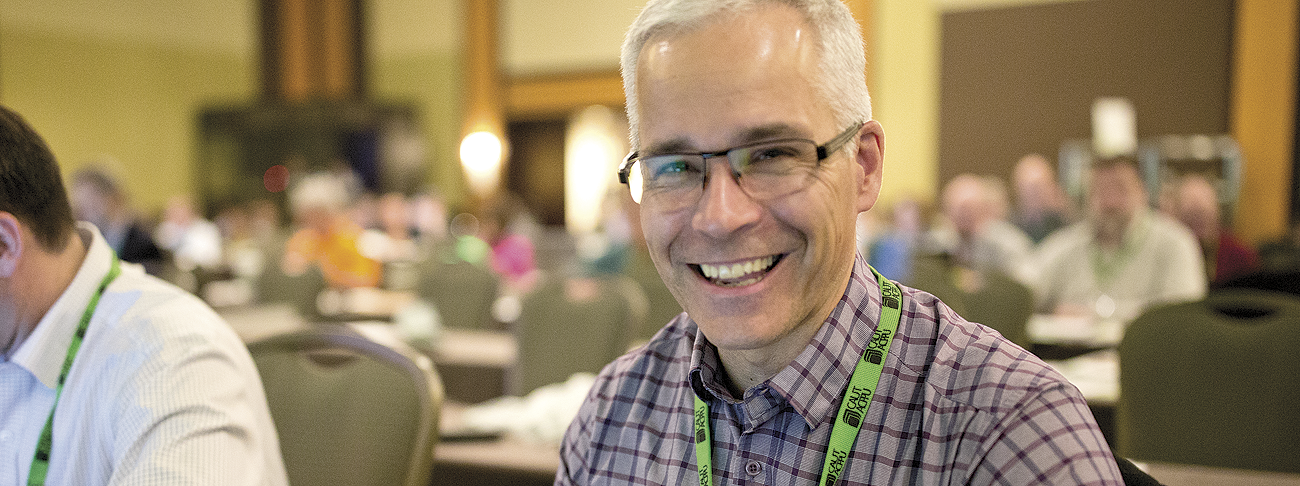
by James Compton
“Thank you so much for coming!” I had just stepped down from the temporary platform assembled directly in front of Queen’s Park, when I heard those words. I turned around and said simply “You’re welcome.”
I was one of six people asked to speak at a rally in support of 12,000 striking college faculty in Ontario. Despite the rain that morning, a large crowd of pickets and their supporters had gathered at the Ontario legislature for a noon rally to show their solidarity. The rain had lifted along with the spirit of the crowd.
The man who thanked me told me he teaches metal work at one of the 24 colleges involved in the labour dispute. He was extremely keen to talk with someone outside the striking bargaining unit who seemed to understand his situation. “We all know that our individual problems are connected with much bigger issues, but it’s really great to hear you say it,” he told me.
What exactly had I said? Well, in addition to bringing solidarity greetings on behalf of CAUT’s 70,000 individual members, I had made the point that their struggle to end the college system’s overreliance on poorly-paid, temporary contract teaching was widespread. Universities from coast to coast were experiencing the same difficulties. But what really caught his attention were remarks I read from Camilla Gregersen, the president of Denmark’s national faculty union: “We have in Dansk Magisterforening in Denmark followed your strike for protection of academic freedom and improved job-security — you have our full support! It is of high importance that we unite globally in the struggle against erosion of basic values — including secure employment conditions — in order to protect our members and provide the best possible options for high quality study environments for our students. We hope for a positive and successful outcome of your strike.”
Well, there it was. The daily walk along the picket line at his Toronto-area college — sometimes lonely, sometimes cold — had been recast as part of a global struggle by someone he will likely never meet, and who lives on the other side of the Atlantic. He wasn’t alone. And the values he and his colleagues were fighting for in Ontario weren’t odd, or unreasonable. Broader political, social and economic forces were involved. College faculty were asking for job security and equal pay for contract faculty. They were fighting for full-time jobs and the capacity to exercise academic freedom in the classroom. College presidents, on the other hand, had dug in to expand the pool of precarious workers and dodge their equal-pay obligations.
I emphasize this contrast because all too often the corporatization of the university, along with its budget cuts and imposed “outcome” measurements, work to divide us. We are encouraged by administrations to view the public good that is teaching and research as a private good — a commodity situated within a zero-sum game. As budgets are slashed, faculty are increasingly pitted against each other in a winner-take-all fight for scarce resources. This takes different forms: STEM disciplines versus arts and humanities, for instance. But also the false division between contract academic staff and regular academic staff. The stress and anxiety created by the zero-sum game also leads to interpersonal conflict that plays out in petty hallway snubs, committee meeting battles, and faculty council dust ups. When this happens we lose sight of the forest for the trees.
C. Wright Mills offered a way out. Writing in 1959, he suggested we use our “sociological imagination” to “grasp history and biography and the relations between the two within society.” That’s precisely what our metal-worker colleague was using when he came to speak with me. He and his colleagues were recasting their private troubles as public issues that transcend their local environments. They weren’t squabbling over petty differences. Their solidarity enabled them to use the power of their shared sociological imagination to see another way forward. Imagine that, the ability to see that another world is possible. That’s what I call a teachable moment.